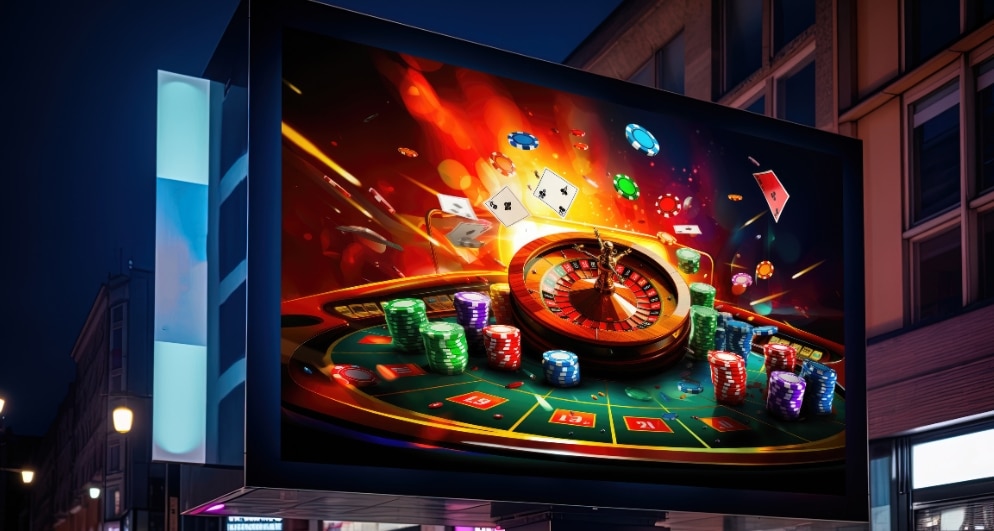

Sports gambling is legal in Canada as a form of entertainment for adults. However, the lives of one specific segment of the population could be at stake. Hence, the pace to ban sports gambling advertisements is gaining momentum across the region. For starters, athletes and celebrities have been barred from starring in such ads. Then, there are regulations in place by relevant authorities to make sure that ads don’t necessarily end up giving misleading messages.
That could still not be sufficient. Bruce Kidd, a former Olympian, believes that sports gambling advertisements persuade younger minds to reach out to their pockets, pull out their devices, and get started with sports gambling. They have, therefore, pioneered The Campaign to Ban Advertising for Gambling.
The campaign came into existence after a report by researchers at Ipsos Mori and the University of Stirling concluded that gambling advertisements do have a huge impact on kids, youth, and adults, along with those who are vulnerable to problem gambling.
Researchers published the report in 2020 in the UK. Nevertheless, the conclusion drawn is sufficient to justify that people could be at risk due to the concrete integration of gambling ads into the broadcast. Clara Hughes and Karl Subban are present with Kidd. All of them are driving the campaign to ensure that there is a ban placed by authorities.
Steve Joordens, a psychology professor at the University of Toronto, has said that part of the problem is that gambling links itself to rewards and the release of dopamine. Steve has further hinted that the problem exists because people don’t have to go to casinos anymore. They can simply access the online mobile casinos in Canada via different devices.
Paul Burns, the CEO and President of the Canadian Gaming Association, has assured that robust standards are in place. Plus, leagues and broadcasters have also drafted policies for healthy interaction.
That is less likely to be enough to stop young minds from getting affected.
Joordens has said that seeing sports and gambling together just makes them gamble automatically at a time when they are actually looking at a sport.
The Center for Addiction and Mental Health has said that they received almost 3,617 calls from 2023 until October. The majority of them were linked to a game, with callers even revealing the name of the game. Others were specifically about online gambling. These numbers are exclusive to horse racing.
Simply put, banning athletes and celebrities is only part of what should be done to keep young minds safe. It has to be extended to banning sports gambling ads altogether. There is no doubt that legalizing the segment has helped keep people on the regional sites, considering they would remain active on offshore sites or those existing in the dark space. But it has also brought with it a way to divert the portion of the population that is at risk of getting addicted to sports gambling.





